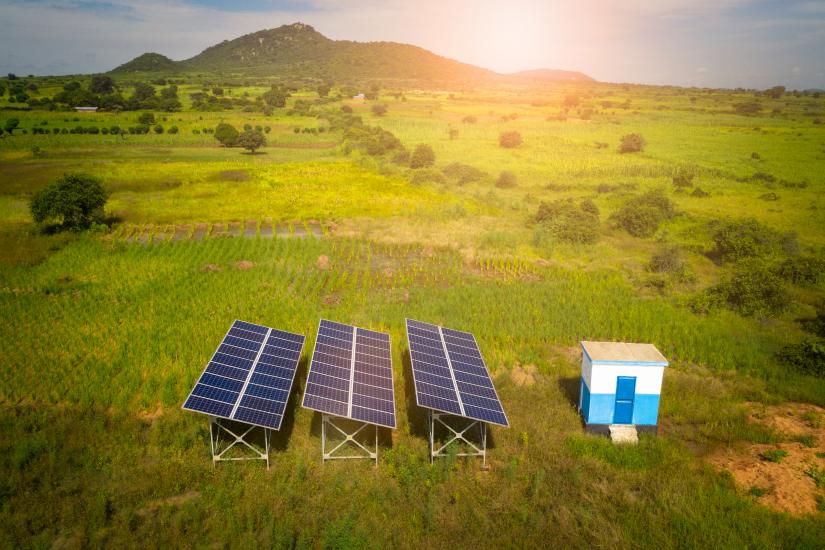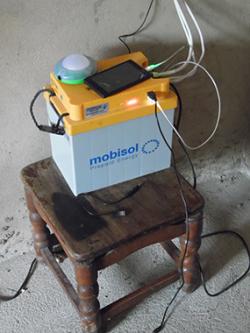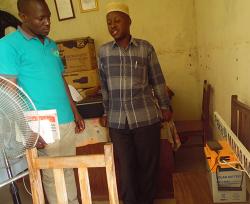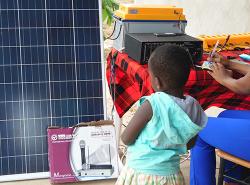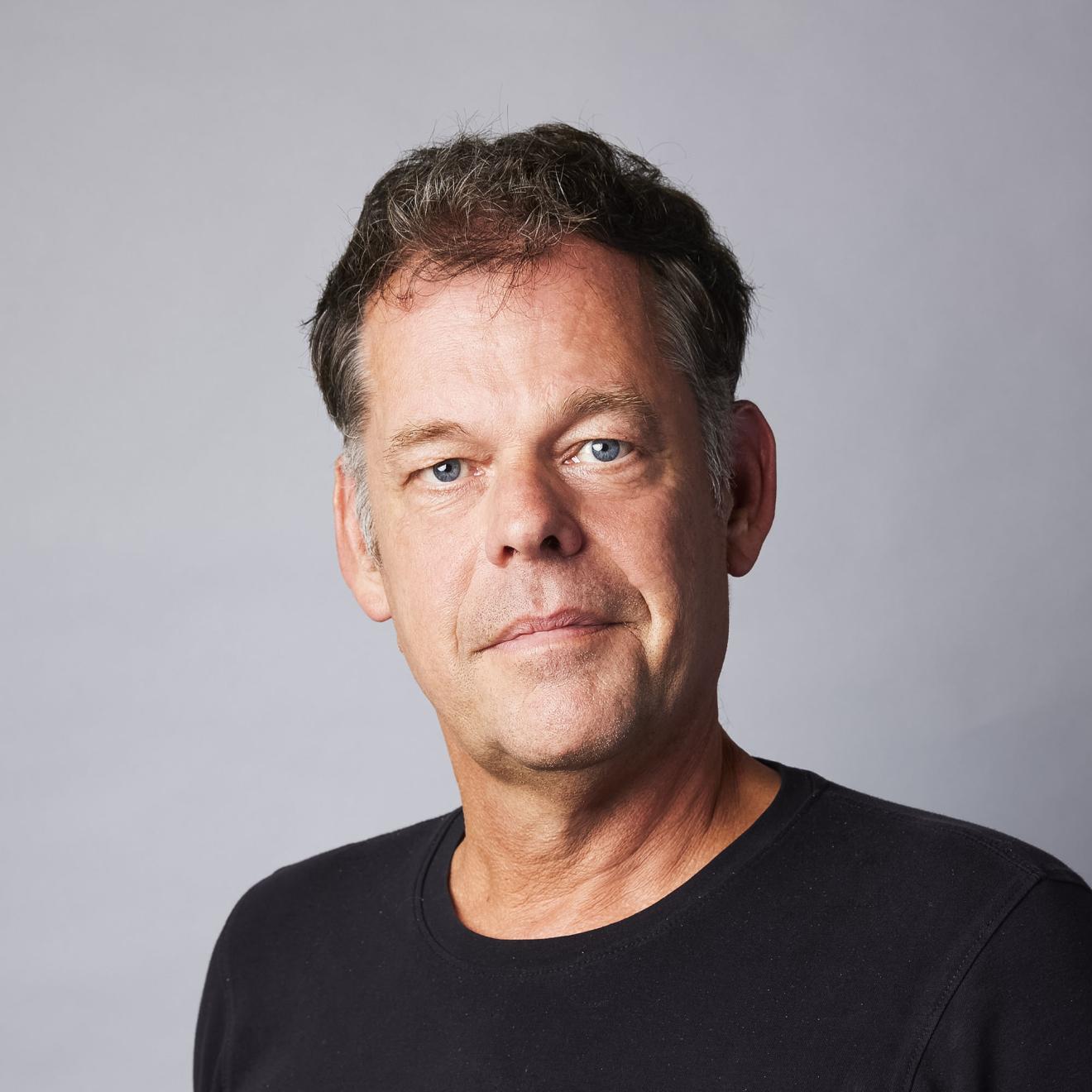By deploying 100% renewable energy, Tanzania can provide access to reliable energy for all its citizens, while increasing living standards to the level of industrialised countries by 2050. This is the conclusion of a 2017 study released in Dar Es Salaam by ISF, Climate Action Network Tanzania (CAN Tanzania), Bread for the World and the World Future Council (WFC). The study also reveals that generating electricity from renewable sources is about 30 per cent cheaper than from fossil resources.
Reliable energy access for all Tanzanians is a key factor to become a middle income country. This study proves that this will become reality by implementing 100% renewable energy, at significantly lower costs than conventional energies.
— Sixbert Mwanga, Climate Action Network Tanzania
Because of the decentralised and modular character of renewable technologies, the power grid can be built up quickly and locally, providing clean and safe jobs. The study showed that by 2020, Tanzania’s share of renewable electricity production can already be at 53 per cent, and increase to 75 per cent by 2030 with an installed capacity of about 20GW in 2030.
In the heating sector, sustainable renewable energy technologies can provide 90 per cent of Tanzania’s total heat demand in 2030 and 100 per cent in 2050.
Energy efficiency measures help to reduce the currently growing energy demand for wood fuel for cooking stoves and shifts 100 per cent to modern sustainable biomass, solar and geothermal heating, as well as electric cooking and heating by 2050.
Tanzania´s transport sector can be decarbonised by 2050 with 75 per cent coming from renewable electricity, despite population increase, GDP growth and higher living standards. By 2050, electricity generation costs in a 100% renewable energy scenario will be 4.5 cents/kWh lower than the reference scenario.
Investing approximately US$4.5-9 billion per year – depending on whether one includes the transport sector – in a 100% renewable energy economy will guarantee clean and accessible power for all Tanzanians by 2050. While our study’s renewable energy pathway scenario requires upfront investment costs of US$3.2 billion more than what is set out in Tanzania’s Power System Masterplan 2016, utilising free wind and solar resources results in fuel cost savings of US$5.3 billion. 100% renewable energy is the significantly cheaper pathway.
— Sven Teske, Institute for Sustainable Futures
Finally, the study showed that Tanzania has sufficient renewable energy resources to keep storage shares well below 20 per cent while securing supply of 100% renewable energy for all at all times. It builds on a three-step approach —the Solar-Swarm Grid (3SG) expansion – which means that universal energy access is reached from pico-grid via micro grid to transmission grids.
By taking a 100% renewable energy pathway, Tanzania can eradicate poverty as well as combat climate change – and become a role model for the African continent.
— Joachim Fünfgelt, Bread for the World
Background
The study was compiled as part of a multi-stakeholder process, which CAN Tanzania, Bread for the World and WFC conducted over 18 months. The goal was to develop a coherent strategy on how to implement 100% RE as part of Tanzania’s Sustainable Low Carbon Development and Poverty Reduction Goals.
This study complements a comprehensive policy roadmap, which various energy stakeholders from Tanzania have developed through interactive workshops and a study tour. They have identified to need for a scientific prove and concrete guidance on how to technically and economically implement 100% RE.
- Anna Leidreiter, World Future Council
Study released during political conference in Dar Es Salaam, Tanzania, 17th October 2017
RESEARCH OUTPUTS
World Future Council (Website)
100% Renewable Energy for Tanzania: Access to renewable and affordable energy for all within One Generation (2017) (Report Summary)
100% Renewable Energy for Tanzania: Access to renewable and affordable energy for all within One Generation (2017) (Report)
Researchers
-
Associate Professor and Research Director
-
Tom Morris
-
Senior Research Consultant
Year
- 2017
Client
- Bread for the World


